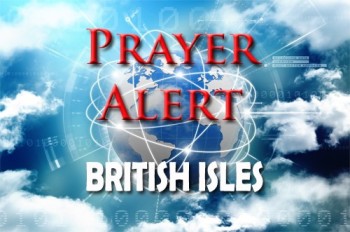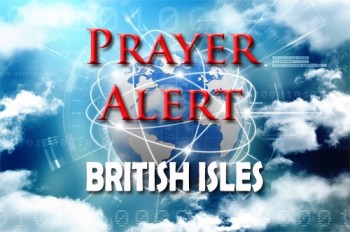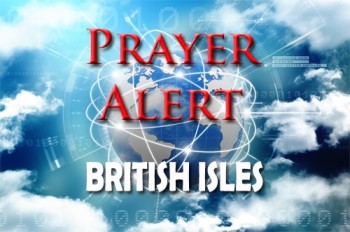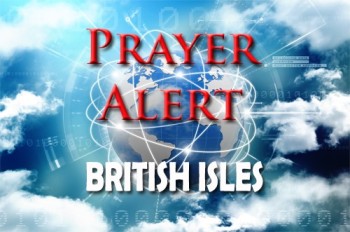Displaying items by tag: Channel crossing
Channel refugees
Harassment, rejection, torture, and death cause many to flee their country. Faiza went from living a comfortable life with her Muslim family to being divorced, homeless and on the streets after she connected with Christians online who helped her study the Bible. God’s Word came alive, bringing answers to her questions and she came to faith in Jesus. Then swift unrelenting persecution came including physical abuse from her husband, who eventually divorced her and took her children away. She lost her job, so her income disappeared. When she heard that her uncle planned to kill her, she knew she must flee. She recalls crying and asking God to come closer so she could hear his voice. She was tired of being homeless, a disgrace and shame to her family, and always in need. ‘I cannot go back to my home country. I will die. Without a visa and no one to help.’ See also
Channel crossing: the asylum bill
The Nationality and Borders Bill was proposed by Priti Patel to make provisions for asylum-seekers. However the Bishop of Durham, Paul Butler, said changes to the bill would make the asylum system less fair, not more so. If Patel is successful, those attempting illegal entry could face four years in prison, instead of six months; if they are stopped in the English Channel, they will be returned to France. The bill has already passed through the House of Commons and is currently in the ‘committee stage’ in the House of Lords. If the bill passes through the chamber, amendments will be considered before it is given the Royal Assent. Bishop Paul said, ‘We do not want to see any more people tragically losing their lives in the Channel. In its current form, the bill makes the asylum system more complicated, more cumbersome, and less fair; it provides fewer safe routes and is more expensive.’
Channel crossings: navy patrols
After discussions around the Royal Navy working with the Home Office and UK Border Force, it will soon lead operations to limit migrant channel crossings, enabling the Home Office to focus on reforms to the asylum system. Defence select committee chair Tobias Ellwood criticised government plans as ‘rushed’ and a ‘massive distraction’ for the Navy. It is not clear either how the military or other services would be involved or how they could coordinate operations. A source said there was ‘trepidation’ within the MoD about getting involved in such a complex issue. The plans could see Boris Johnson give the Navy authority over government vessels in the channel. Yvette Cooper said we have failed to do the serious and practical work with France that is needed to stop lives being lost and criminal gangs profiting from crossings.
27 migrants drowned in Channel
Pregnant women and three children were among 27 Kurds from Iraq and Iran who drowned trying to cross the Channel. Two male survivors are being treated for exhaustion and hypothermia in a Calais hospital. A criminal investigation has been opened; five men are suspected of direct involvement in the attempted crossing. The bodies were brought by boat and helicopter to Calais, where volunteers with local migrant aid associations lit candles and held aloft placards reading ‘How many more?’ Despite the terrible loss of life, crossings have continued. The next morning forty migrants were brought to Dover by a lifeboat. It is windy on the water and extremely cold, but the determination to get to the UK remains as strong as ever. Boris Johnson said that there are ‘difficulties’ persuading France ‘to do things in a way that the situation deserves’; it was clear French attempts to stop the migrant boats leaving ‘haven't been enough’.



